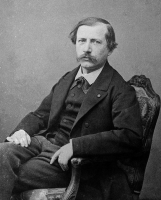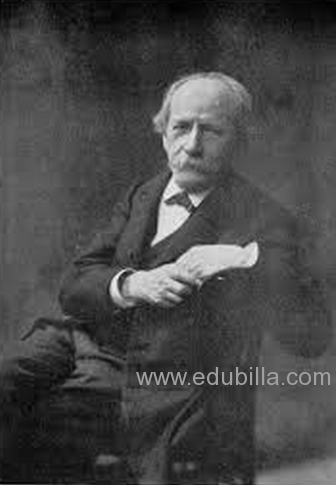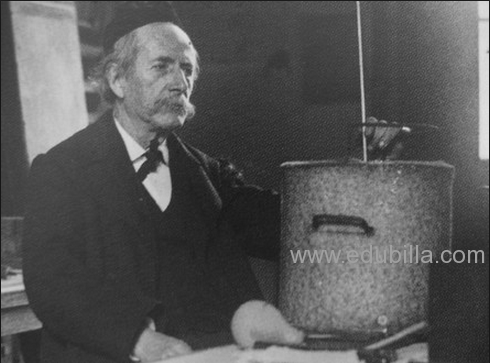










Pierre-Eugène-Marcellin Berthelot, (born Oct. 27, 1827, Paris, France—died March 18, 1907, Paris), French organic and physical chemist, science historian, and government official. His creative thought and work significantly influenced the development of chemistry in the latter part of the 19th century.
Berthelot achieved great renown in his lifetime. He entered the French Academy of Medicine in 1863, became president of the Chemical Society of Paris in 1866, and was elected to the French Academy of Sciences in 1873 and became its permanent secretary in 1889. He also entered the French Academy in 1901. When he died in 1907, he was honoured throughout the nation, with most French towns naming a street or a square after him.
Education and early career
Berthelot was born into a middle-class Parisian family and attended secondary school at the Collège Henri IV, ending with the baccalauréat ès lettres in 1847 and the baccalauréat ès sciences in 1848. He became close friends with a fellow student living in the same pension, Ernest Renan, who later became famous as a historian and philologist. Their lifelong correspondence shows the strong influence of this friendship on Berthelot’s philosophical and historical inclinations.
As a pupil at Collège Henri IV, Berthelot attended a variety of lectures at the Collège de France and was attracted to chemistry. He earned a degree in physical sciences from the Collège de France in 1849, and he returned in 1851 as an assistant to chemist Antoine-Jérôme Balard. Bertholot’s doctoral dissertation (1854) was entitled “The Combinations of Glycerin with Acids and the Synthesis of Immediate Principles of Animal Fats.” Following Michel-Eugène Chevreul’s study of the chemical composition of fats as consisting of organic acids combined with glycerin, Berthelot conjectured that they could be formed of one, two, or three parts of fatty acids. This conjecture led him to synthesize many new fats, while coining the terms monoglyceride, diglyceride, and triglyceride.
This was the start of Berthelot’s scientific career and his long-standing controversy with French atomists. Charles-Adolphe Wurtz, in particular, interpreted Berthelot’s results in terms of type theory, which implied a distinction between atoms and molecules. In contrast, Berthelot defended an older dualistic theory that represented organic compounds as oxides and salts. Berthelot completed his education with pharmaceutical studies and obtained a second doctoral degree in pharmacy in 1858. When a professorship of organic chemistry was created at the École de Pharmacie in 1859, Berthelot was named to it. He also taught a course at the Collège de France, where Balard obtained the creation of a chair in organic chemistry for him in 1865.
Historical and philosophical work
During later life he researched and wrote books on the early history of chemistry such as Les Origines de l'alchimie (1885) and Introduction à l'étude de la chimie des anciens et du moyen âge (1889),He also translated various old Greek, Syriac and Arabic treatises on alchemy and chemistry: Collection des anciens alchimistes grecs (1887–1888) and La Chimie au moyen âge (1893).He was the author of Science et philosophie (1886),which contains a well-known letter to Renan on "La Science idéale et la science positive," of La Révolution chimique, Lavoisier (1890),of Science et morale (1897),and of numerous articles in La Grande Encyclopédie, which he helped to establish.
Copley Medal

